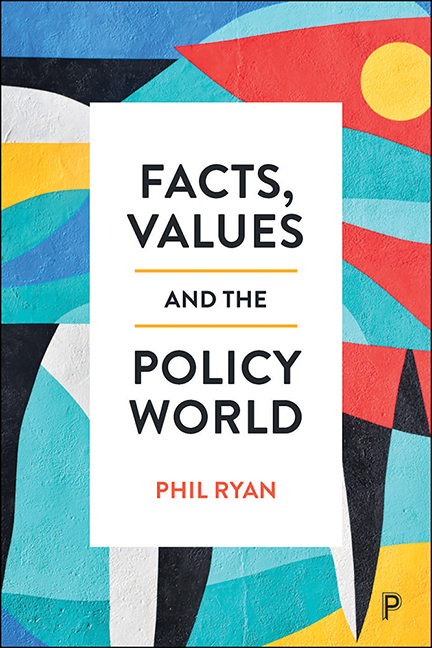9 - The analyst in context
Published online by Cambridge University Press: 15 September 2022
Summary
While the consistent pursuit of a non-binary approach will lead to tensions, the belief that the approach is thoroughly utopian and imprudent may arise from an exaggerated view of the conflicts that it will generate. The forms of care exercised by the non-binary analyst can be said to characterize any thoughtful analyst. In many contexts, this will be very highly appreciated. Often, the analyst is associated with a decision maker who is not absolutely wedded to a particular way of doing things, a particular understanding of their goals. In other cases, the analyst is not so fortunate.
Variations in context
Policy analysts, of course, work in a wide variety of situations. We have analysts at all levels of government, ‘hired guns’ working for highly partisan think tanks and lobby groups, analysts employed by more pluralistic research centers. Many people in academia, both professors and students, are engaged in ongoing policy analysis. Many citizens who may or may not be trained in policy analysis regularly engage in that activity as part of their work lives: many journalists, for example.
These contexts have a greater or lesser degree of ‘givenness’, of goals that must be treated as axioms, and a greater or lesser openness to normative questioning. They vary as well in the intensity of time pressures, and in the extent to which power relations limit rich dialogue. They also vary in their level of homogeneity: a partisan group that only hires people with a specific political orientation can certainly have internal dialogue, but it is inherently limited.
These qualities of contexts are not fully determined by their institutional location. Martin Rein writes that ‘value-critical policy analysis’ is ‘by and large … done in the university by scholars who, from this position of privilege, can remove themselves from the political fray’ (1983, 106). Yet hired guns operate in today's academia, and are often more highly prized than experts whose sources of remuneration are more transparent. More subtly, ideological constraints within disciplines can also constrain the potential for academic policy analysis to go deeper.
Mirroring Rein's view, some thinkers suggest that critical thought is unlikely to occur in bureaucratic contexts.
- Type
- Chapter
- Information
- Facts, Values and the Policy World , pp. 101 - 107Publisher: Bristol University PressPrint publication year: 2022



